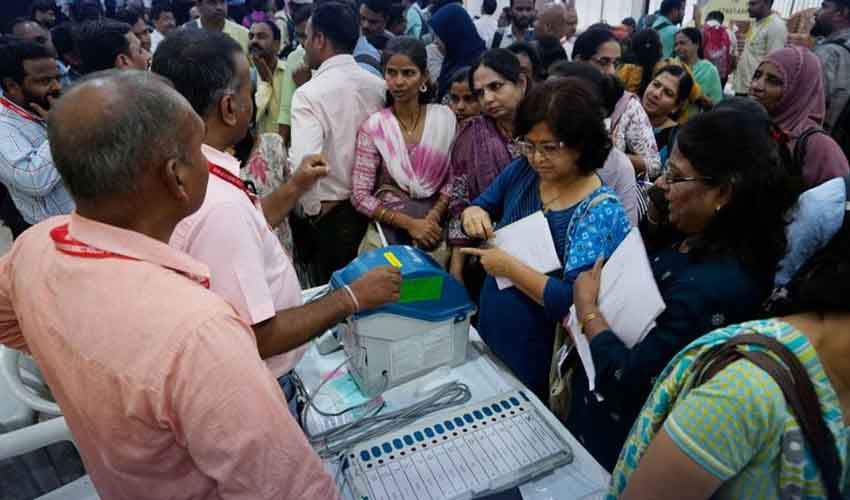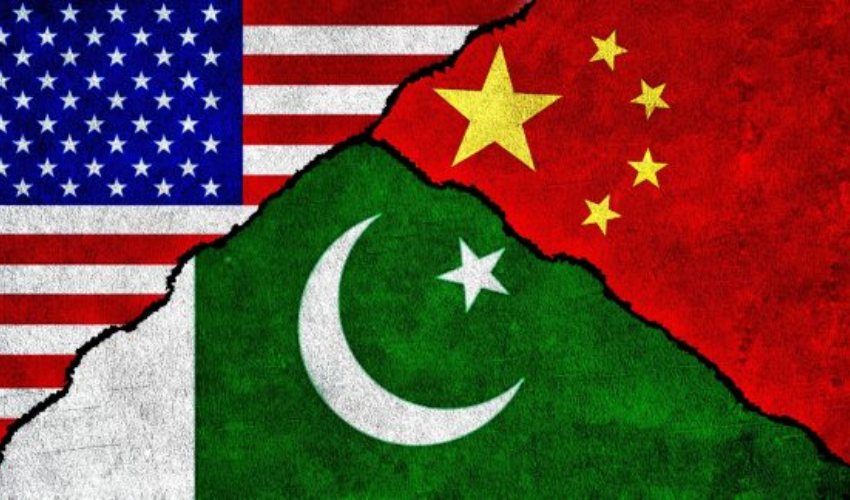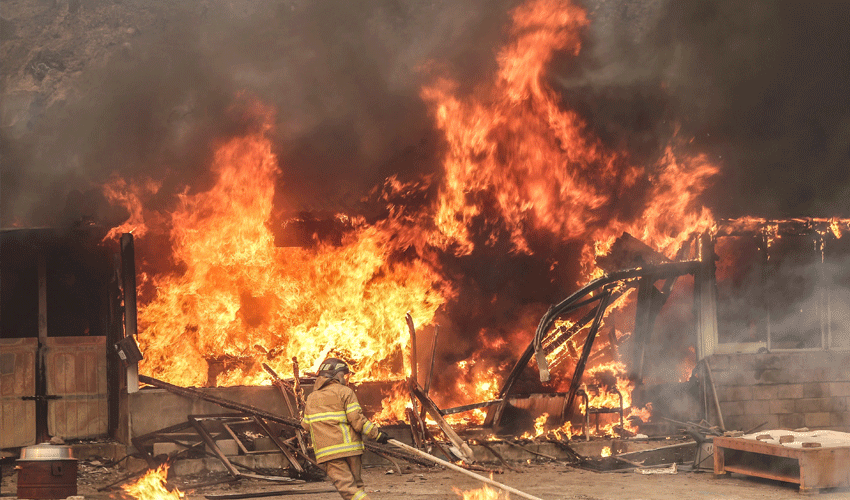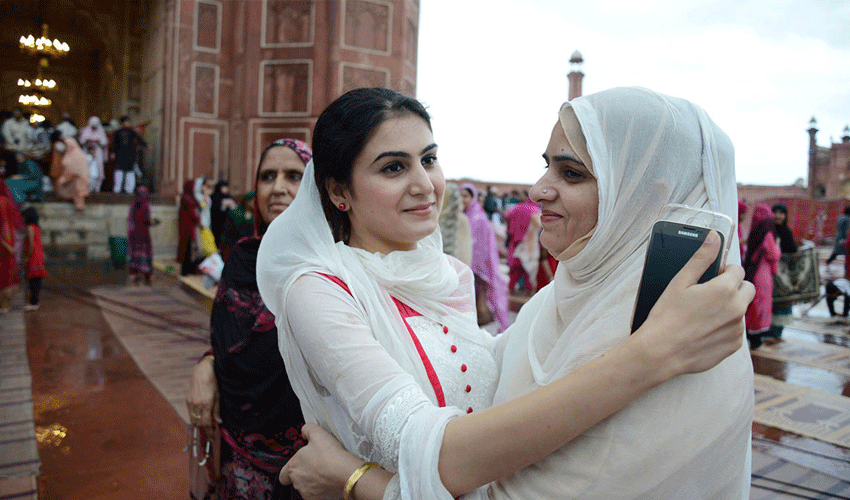Voting in the second phase of the largest election in history began in India on Friday. Prime Minister Narendra Modi and his opponents are using hot-button issues like taxes, affirmative action, and religious discrimination to heighten the intensity of their campaigns.
The seven-phase general elections, which started on April 19 and end on June 1, are open to nearly one billion voters. Votes are scheduled to be counted on June 4.
Because of his economic track record, welfare initiatives, national pride, Hindu nationalism, and general popularity, Modi is running for an unprecedented third consecutive term. According to surveys, he will easily secure a sizable majority.
With the formation of an alliance comprising over 20 parties, his opponents are pledging increased affirmative action, increased handouts, and an end to what they perceive to be Modi's autocratic rule.
Also Read: India's jobless crisis: Millions of youth struggle as elections loom
With 160 million voters eligible to cast ballots, 88 of the lower house of parliament's 543 seats are up for election on Friday. It will take place in 13 states and federal territories of the most populous nation in the world. The southern states of Kerala and Karnataka, as well as the northwest state of Rajasthan, contain more than half of those 88 seats.
Since the beginning of the campaign, the focus of the campaign has shifted to community issues, and Modi and the main opposition Congress party have engaged in a heated exchange. Modi has accused Congress of favouring minority Muslims, intending to weaken affirmative action, and preparing to impose inheritance tax.
Late on Thursday night, Modi wrote on X, "Congress, which used to make noise in the name of the Constitution, has now been badly exposed for its hidden agenda."
Congress has refuted the accusations, claiming that Modi is diverting attention away from important concerns like joblessness, inflation, and rural unrest and anxiety about losing.
Also Read: Indian public condemns Modi's communal rhetoric
Congressman Rahul Gandhi said in a video message on election eve, "We spoke to you, we heard what was on your mind and drafted a revolutionary manifesto. This has been drafted by the Congress party but it is your voice."
Gandhi, the party's face and a former president of the Congress, is one of the 1,200 contenders running on Friday. In the Left Front-ruled state of Kerala, he is running for re-election from Wayanad and will face opposition from K. Surendran of the BJP and Annie Raja of the Communist Party of India (CPI).
Gandhi won the most votes in Kerala in 2019 over the CPI candidate, but he lost his second seat to the BJP in the northern Indian state of Amethi, a stronghold for his family.
Additionally, the party is anticipated to perform better in Karnataka, where it only won one of the state's 28 seats in 2019 but surged to victory over the BJP in the previous year's state elections.
Due to the summer heat and the fact that it is wedding season in some areas of the nation, the election commission and political parties have been concerned about voter turnout, which dropped to about 65% in the first phase of voting from nearly 70% in 2019.
Also Read: US State Department report exposes human rights crisis in India
Since then, the poll panel has made more calls to vote, urging people to "vote with responsibility and pride".
Seats up for grabs on second day
Assam: Five seats
Bihar: Five seats
Three seats go to Chhattisgarh.
Jammu and Kashmir: One seat
Karnataka: 14 seats
Kerala: 20 seats
Madhya Pradesh: Six seats
Maharashtra: Eight places
Manipur: Just one seat
Rajasthan: 13 seats
Tripura: One seat
Uttar Pradesh: Eight seats
West Bengal: Three positions
Kerala and Rajasthan will have completed their voting by the end of the second round.
Popular candidates running in today's election
Rahul Gandhi, the former head of the Indian National Congress, the country's main opposition party, is a candidate for a Lok Sabha seat from Kerala's Wayanad seat. The Kerala BJP president, K Surendran, is his principal rival.
Former UN diplomat, writer, and columnist Shashi Tharoor is a candidate for the Congress in Kerala's Thiruvananthapuram seat, which he has held since 2009. Rajeev Chandrasekhar, the minister of information technology and electronics in Modi's government, is his principal opponent.
Hema Malini, a well-known Bollywood actress who is now running for office, is a BJP candidate running for reelection to represent Mathura in Uttar Pradesh. She has served two terms as the incumbent. Mukesh Dhangar, the Congress candidate, is her principal opponent.



























